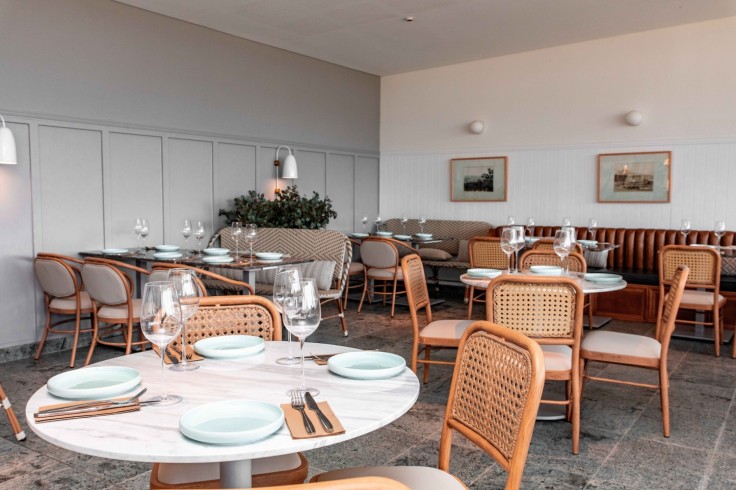
Operating a restaurant is a demanding yet rewarding endeavor. Beyond serving mouthwatering dishes, the key to success lies in mastering the art of restaurant operations. From the bustling kitchen to the welcoming dining room, every detail counts. In this article, we'll unravel the secrets of running a restaurant like a pro, sharing insights and strategies on how to enhance customer experiences, optimize costs, and ultimately, boost your bottom line.
To create a roadmap for how your business will function on a day-to-day basis, incorporate detailed operations planning into your business plan. To craft a robust plan, business plan writing services can provide support and assistance.
The Kitchen
The kitchen is undeniably the heart of a restaurant operation. This is where culinary dreams come to life, and the efficiency of this bustling hub is paramount. Behind the scenes, a well-trained kitchen staff is essential for ensuring that every dish meets the highest standards of taste and presentation. Equally vital is the utilization of top-quality equipment, which not only enhances the quality of food, but also streamlines the cooking process. In the kitchen, it's all about balance. Finding the right combination of staff and equipment to ensure that food is prepared quickly yet expertly will go a long way toward improving customer satisfaction and gaining loyal customers.
Service and Hospitality
Exceptional customer service is the cornerstone of a successful restaurant. Front-of-house staff, including servers and hosts, play a pivotal role in shaping the customer experience. Their friendliness and professionalism create a positive atmosphere that keeps patrons coming back. Additionally, ambiance is a critical component of the dining experience. A well-decorated, inviting space can set the stage for a memorable meal, while poor ambiance can deter even the most delectable cuisine.
Inventory Management
Efficient inventory management is often an unsung hero in the world of restaurant operations.
Minimizing waste and optimizing stock levels not only saves money, but also ensures that you're always well-prepared to serve your customers. Careful tracking of ingredients, regular inventory audits, and smart purchasing decisions are essential strategies for effective inventory management. Additionally, consider investing in an inventory management system that can help cut costs and save time.
Menu Engineering
Designing a profitable menu is not just about listing dishes. This is an art form that requires careful consideration. Menu engineering involves strategic planning to maximize profitability. This includes understanding the cost of goods sold (COGS) for each item, pricing strategically for optimal margins, and strategically placing high-profit items in prominent positions on the menu. A well-designed menu can enhance your restaurant's profitability while guiding customers toward dishes that contribute positively to your bottom line.
Technology and Automation
In today's digital age, technology and automation have become essential ingredients in the recipe for restaurant success. Systems, such as point-of-sale (POS), online reservations, and mobile apps play a crucial role in streamlining operations and enhancing the overall dining experience. By expediting order processing and offering valuable data insights, these tools empower restaurant owners to make informed strategic decisions.
Marketing and Promotion
Even the most exceptional restaurant will struggle to succeed without effective marketing and promotion. In today's competitive culinary landscape, spreading the word about your establishment is paramount. Utilizing social media, online platforms, and email marketing can help reach a wider audience and keep your loyal customers engaged. A well-planned marketing strategy not only increases visibility, but also creates a sense of community and connection among your patrons. This provides an excellent opportunity to share your restaurant's story and highlight its distinctiveness.
Cost Control and Budgeting
Finally, cost control and budgeting play an indispensable role in the restaurant's financial health. To keep the bottom line in check, meticulously track and manage expenses. This includes monitoring food and beverage costs, labor expenditures, and overhead expenses, such as rent and utilities. Creating a well-defined budget can act as a financial guide, assisting in making informed spending decisions and allocating resources wisely. Regularly reviewing financial statements in comparison to the budget can offer valuable insights into areas where cost savings are possible.
Running a restaurant can be an exhilarating venture, but also requires considerable skill and dedication. By leveraging these strategies, you can elevate your operations to the next level and ensure that your business is poised for success. With the right strategies in place, there are no limits to what your restaurant can achieve.









